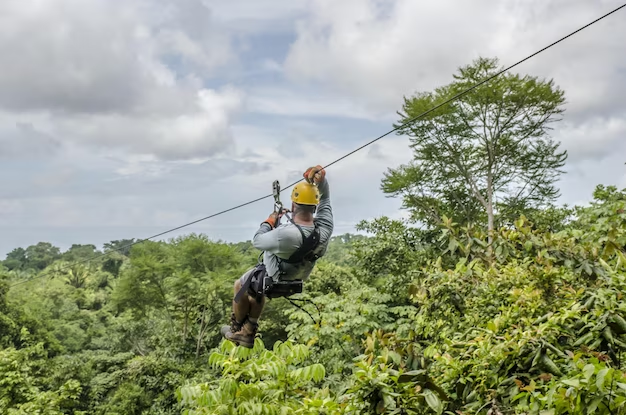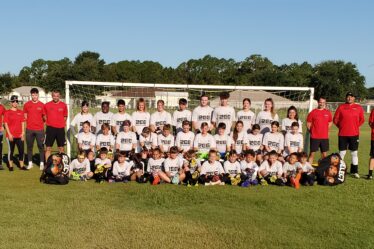
Ziplining has become a popular adventure activity, attracting thrill-seekers and nature enthusiasts alike. However, with the growth of the zipline industry, there has also been an increase in lawsuits related to accidents and injuries. To protect both customers and their business, zipline companies must take proactive steps to minimize the risk of litigation. In this article, we’ll explore five key strategies to keep zipline companies from being sued and how a Zip Line Expert Witness can help in this process.
Comprehensive Training Programs
One of the primary responsibilities of a zipline company is ensuring the safety of its customers. To achieve this, comprehensive training programs are essential. All staff members, including guides and maintenance personnel, should undergo rigorous training in zipline operation, emergency response, and customer interaction.
The role of a Zip Line Expert Witness: An experienced zip line expert witness can help in evaluating the adequacy of a company’s training programs and whether they meet industry standards.
Regular Equipment Inspections
Faulty equipment is a common cause of zipline accidents. Regular inspections of all zipline equipment, such as harnesses, cables, and braking systems, are critical to maintaining safety. Equipment should be inspected not only at the beginning of the season but also on a daily or weekly basis, depending on usage.
The role of a Zip Line Expert Witness: In the event of an accident, a zip line expert witness can assess whether equipment failures or maintenance lapses contributed to the incident.
Adequate Staffing and Supervision
Zipline operations require adequate staffing to ensure the safety of participants. Having a sufficient number of trained guides and staff members on-site is crucial for effective supervision. Customers should be closely monitored throughout their ziplining experience to prevent reckless behavior or rule violations.
The role of a Zip Line Expert Witness: An expert witness can assess whether staffing levels and supervision practices were sufficient to prevent accidents or injuries.
Clear Waivers and Informed Consent
Before embarking on a ziplining adventure, customers should sign clear and comprehensive waivers. These documents should outline the risks associated with the activity and the participant’s responsibility to follow safety guidelines. In addition to waivers, zipline companies should provide customers with thorough briefings on safety rules and procedures.
The role of a Zip Line Expert Witness: An expert witness can evaluate the adequacy of waivers and the effectiveness of the company’s efforts to inform participants of potential risks.
Regular Safety Audits and Documentation
To demonstrate a commitment to safety and reduce the risk of litigation, zipline companies should conduct regular safety audits. These audits should encompass all aspects of operations, from equipment maintenance to staff training. It’s crucial to document these audits and any corrective actions taken to address identified issues.
The role of a Zip Line Expert Witness: An expert witness can review safety audit documentation to determine whether the company was diligent in identifying and addressing safety concerns.
In conclusion, zipline companies can take proactive measures to prevent lawsuits and prioritize the safety of their customers. By implementing comprehensive training programs, conducting regular equipment inspections, ensuring adequate staffing and supervision, obtaining clear waivers and informed consent, and performing regular safety audits, zipline operators can significantly reduce the risk of accidents and injuries.
Additionally, the involvement of a zip line expert witness can provide valuable insights and expert opinions in the event of a lawsuit, helping to protect the company’s reputation and financial stability. Ultimately, prioritizing safety and risk management is not only a legal obligation but also a responsible business practice in the zipline industry.



